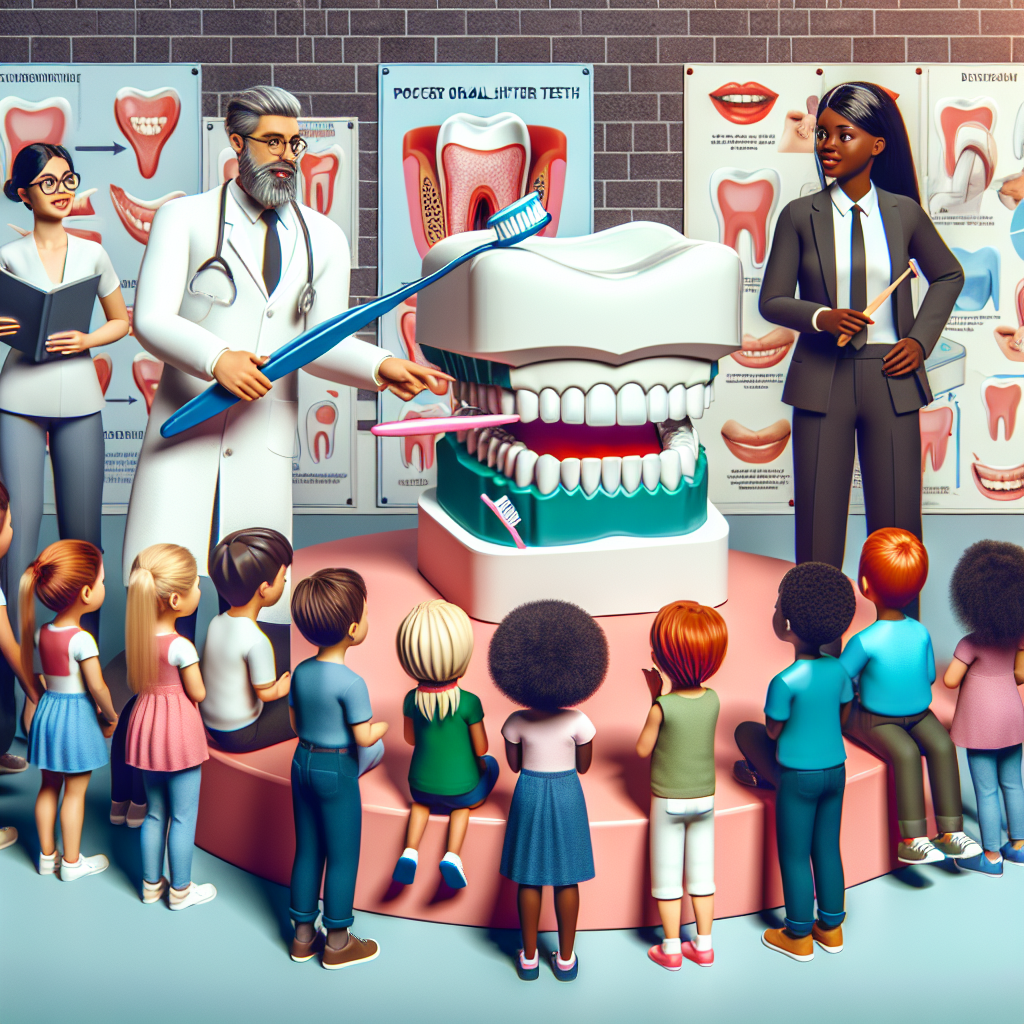African Health Ministers Adopt Framework to Tackle Oral Diseases
The WHO framework emphasizes that oral health is inseparable from overall health and must be integrated into universal health coverage.

African ministers of health have endorsed a landmark oral health framework designed to tackle widespread oral diseases that affect nearly 42% of the continent’s population. The decision was taken during the Seventy-fifth Session of the World Health Organization (WHO) Regional Committee for Africa, held in Lusaka, Zambia.
Targets for Oral Health Transformation
The framework sets ambitious but measurable goals:
-
By 2028, at least 50% of each country’s population should have access to essential oral health services.
-
Achieve a 10% reduction in the prevalence of major oral diseases across the continent.
-
Ensure 60% of African countries establish national oral health policies with dedicated budgets and staff.
-
Guarantee that 50% of noma-endemic countries integrate the disease into national health strategies.
Dr Mohamed Yakub Janabi, WHO Regional Director for Africa, underlined the urgency of the initiative:
“Oral disease has been largely neglected, making it among the most prevalent in our region. Our efforts to address this threat need to be robust, concerted, and sustained. The framework agreed today highlights the urgent need for countries to prioritize oral health, ensuring adequate financing, workforce and leadership to protect and promote health through a more integrated, people-centred approach.”
Oral Health as a Pillar of Universal Health Coverage
The WHO framework emphasizes that oral health is inseparable from overall health and must be integrated into universal health coverage. This approach aims to shift away from expensive curative interventions and focus instead on prevention, awareness, and early detection.
WHO and its partners are supporting countries through advocacy, technical training, and policy development. Success stories include:
-
Mauritius: Abolishing taxes on fluoride toothpaste to make it more accessible.
-
Training: Over 14,000 health workers enrolled in WHO oral health training to improve prevention and early referrals.
-
Noma Campaigns: Fourteen countries are championing WHO recognition of noma — a severe, often fatal oral disease — as a neglected tropical disease.
National Commitments and Support
Senegal’s Minister of Health, Honourable Ibrahima Sy, welcomed the framework as a critical tool for tackling oral health challenges.
“Senegal has long recognized noma as a critical public health issue and has been part of WHO’s efforts to combat this devastating disease. We are committed to ensuring that we are at the forefront of protecting people against oral diseases through a multisectoral approach. With WHO’s ongoing support and collaboration, we will achieve this goal.”
Challenges Facing the Continent
Despite the high prevalence of oral disease, investment in oral healthcare remains alarmingly low. Data shows that:
-
70% of African countries spent less than US$1 per capita on oral health in 2019, compared with the global average of US$50.
-
Service delivery is skewed toward costly treatments, while preventive care is limited.
-
Only four African countries had national fluoride guidelines as of 2023.
-
The region faces a severe shortage of oral health workers: just 3.7 per 100,000 people, far below the recommended 13.3 per 100,000.
This deficit leaves millions without proper access to dental care, fueling preventable diseases such as tooth decay, gum disease, and oral cancers.
Roadmap for Implementation
The ministers of health agreed to undertake five priority actions:
-
Strengthen leadership, governance, and financing through partnerships.
-
Develop and adopt national oral health policies with clear budgets.
-
Integrate oral health into essential health service packages.
-
Close workforce gaps using task-sharing and new training models.
-
Improve access to essential medicines and enhance disease surveillance.
To meet these commitments, governments pledged to mobilize both domestic and external resources, while WHO will continue providing technical guidance and capacity-building support.
A Turning Point for Public Health
The adoption of this framework represents a historic step toward making oral healthcare affordable, accessible, and equitable across Africa. By prioritizing prevention and integrating oral health into broader health systems, African nations aim not only to reduce disease but also to address one of the continent’s most overlooked public health challenges.
ALSO READ
Integrating Climate, Health, and AI: A Blueprint for Resilient Public Health Systems
India's Online Gaming Bill: Balancing Public Health and E-Sports Growth
Celebrating Liberation: Uplifting Voices of Delhi's Nomadic Communities
Strengthening Health Research: Regional Collaboration to Transform Public Health
Is British American Tobacco's Vape U-Turn a Threat to Public Health?










